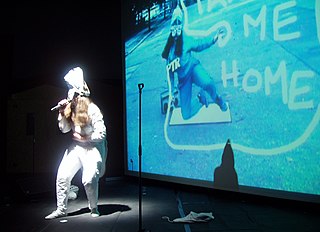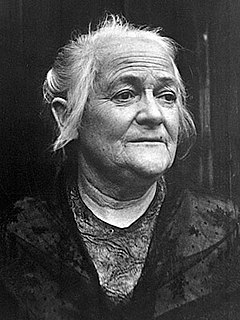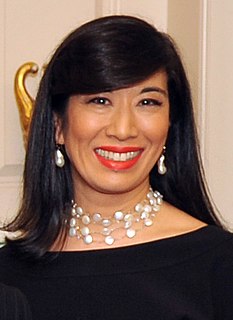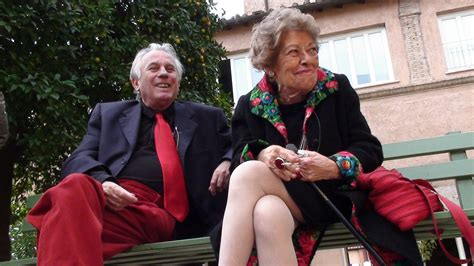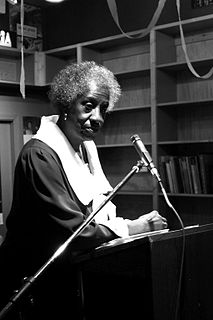A Quote by Winston Churchill
The women's suffrage movement is only the small edge of the wedge, if we allow women to vote it will mean the loss of social structure and the rise of every liberal cause under the sun. Women are well represented by their fathers, brothers, and husbands.
Related Quotes
Hillary Clinton said that white women did not vote for her because their husbands told them not to. You remember that? And we all said, "Wait a minute. What happened to feminism? Who are all of these docile women who are only doing what their husbands and boyfriends tell 'em to do?" But Hillary said that. White women didn't vote for her because their husbands didn't like Hillary and their husbands are telling them.
Louis Brandeis actually changes his mind about women's suffrage because he works with these brilliant women in the women's suffrage movement like Josephine Goldmark, his sister-in-law, where he writes a Brandeis brief which convinced the court to uphold maximum hour laws for women by collecting all these facts and empirical evidence.
Women have always been the primary victims of war. Women lose their husbands, their fathers, their sons in combat. Women often have to flee from the only homes they have ever known. Women are often the refugees from conflict and sometimes, more frequently in today's warfare, victims. Women are often left with the responsibility, alone, of raising the children.
Women, I learned, adapted.
At first..they seemed so fragile, so dependent on fathers and husbands and brothers and lovers. Gradually, though, I noticed how supple their lives were beneath the surface. Then I realized it was this flexibility that enabled them to survive...that sooner or later, by choice or by chance, most women faced the task of adapting to a future on their own. When at my most optimistic, I thought of it as independence; in darker moods, as survival. Either way women had to do it.
The socialist parties of all countries are duty bound to fight energetically for the implementation of universal women's suffrage which is to be vigorously advocated both by agitation and by parliamentary means. When a battle for suffrage is conducted, it should only be conducted according to socialist principles, and therefore with the demand of universal suffrage for women and men.
The company was actually founded on creating earnings opportunities for women, even before it went into skincare, lipstick, and fragrance. The founding Avon principle, before women could vote and when basically only men were working, was to allow women to get out of their homes and to create an entrepreneurship opportunity for them.
It's my greatest success. Women did not vote in Italy until 1946. A good friend and I put together a group of women to protest this. I was very young, just a girl. We went to the Viminale [home of the Ministry of the Interior] and spoke to the chair of the ministry board. Thanks to our initiative, we got the bureaucracy rolling on giving women the right to vote. I have to thank my father for this. He was in Geneva at the League of Nations, and women voted there. He thought it was absurd that women didn't vote in his country yet.
Movements are not radical. Movements are the American way. A small group of abolitionists writing and speaking eventually led to the end of slavery. A few stirred-up women brought about women's voting. The Populist movement, the Progressive movement, the anti-Vietnam War movement, the women's movement - the examples go on and on of 'little people' getting together and telling the truth about their lives. They made our government act.







